'This is an awakening': stories of Truth and Reconciliation from across Canada
For the first time ever, Canada will recognize the National Day for Truth and Reconciliation – a day that has been called for in this country for nearly six years.
On Dec. 15, 2015, The Government of Canada committed to implementing the recommendations of the Truth and Reconciliation Commission. There are 94 calls to action in the final report, you can read all of them here.
Sept. 30 – declared by the federal government to be the National Day for Truth and Reconciliation – is the 80th call to action:
We call upon the federal government, in collaboration with Aboriginal peoples, to establish, as a statutory holiday, a National Day for Truth and Reconciliation to honour Survivors, their families, and communities, and ensure that public commemoration of the history and legacy of residential schools remains a vital component of the reconciliation process.
Marie Wilson, one of three commissioners of the Truth and Reconciliation Commission, said recognizing this day is an important step, as it will serve as an annual marker for Canadians.
"If we slip in our paying attention, if we slip in our efforts, we will be called to attention to take stock of how are we doing – to remember the extreme harms that happened to many in the residential school system, and to acknowledge that it happened because of Canadian laws and policies," Wilson said.
The goal of Canada's policy was to 'kill the Indian in the child.' The effects of that are still being felt in today's generation.
"There is such a long history of darkness for our people for many, many years," Elder Mae Louise Campbell told CTV's Michael Hutchinson and Nicole Dube in Winnipeg.
"All the sadness that our people have been through, all the sorrow from losing the children, from residential schools, from losing our land and our language. All that sorrow, we must leave it behind now, because this is an awakening," she said.
"This is our time to rise up again, I believe that and I want desperately to see our people rise up. They have so much wisdom, they so much knowledge, they have so much courage and so much resilience after all that has happened."
STORIES FROM SURVIVORS
Here are the stories from survivors – stories of abuse, grief, the resilience to overcome, and a sense of pride from all across Canada:
Bound by resilience: Residential school survivors not letting their past shape their future
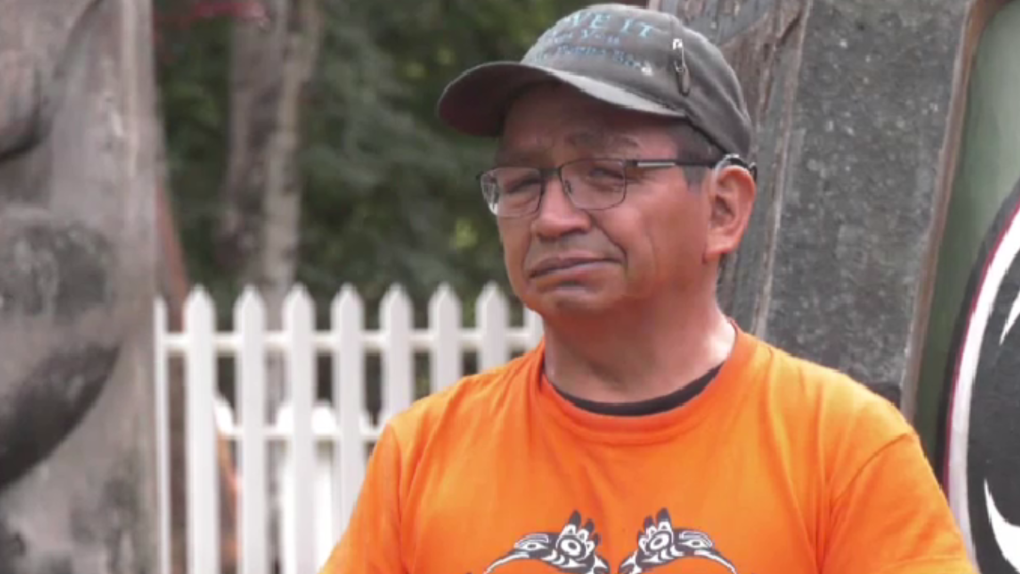 Eddie Charlie is one of many survivors of residential schools who isn't letting his past trauma affect who he is today.
Eddie Charlie is one of many survivors of residential schools who isn't letting his past trauma affect who he is today.
Three survivors share their stories of abuse within the residential school system. However, what binds these survivors together is not their pain – it is perseverance.
Read the full story from CTV News Victoria's Scott Cunningham here.
'I had such hatred for the colour of my skin': History of residential school remembered by generations of Indigenous people
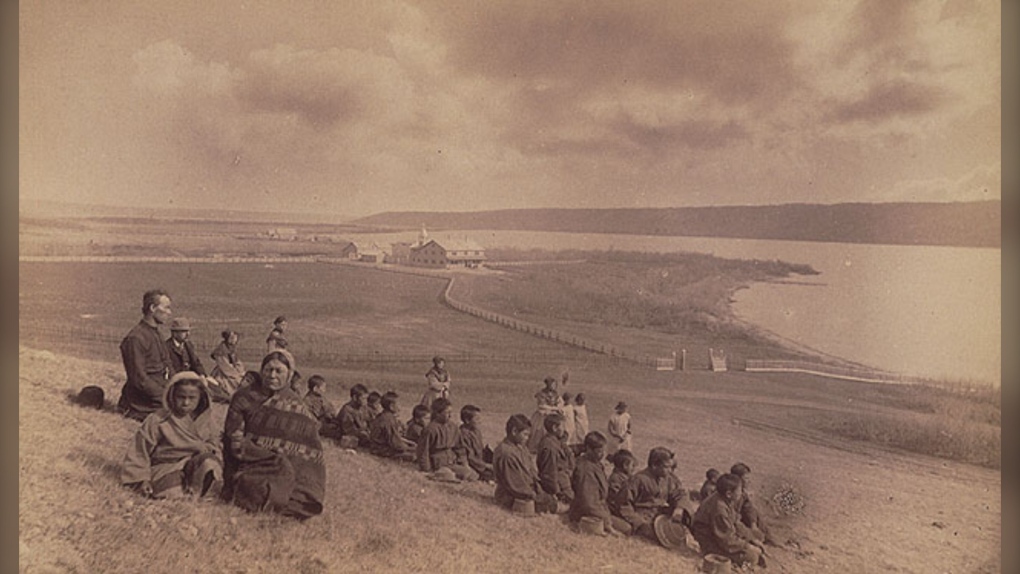 Lebret residential school in 1885. (Source: Government of Canada National Archives)
Lebret residential school in 1885. (Source: Government of Canada National Archives)
Canada's last federally funded residential school closed in 1997, but with nearly 150,000 Indigenous children put through the system, many are now dealing with the effects of intergenerational trauma brought on by years plagued with racism and a loss of identity.
Read the full story from CTV News Prince Albert's Lisa Risom here.
Early First Nations culture and traditions were impacted by resources found in their natural world
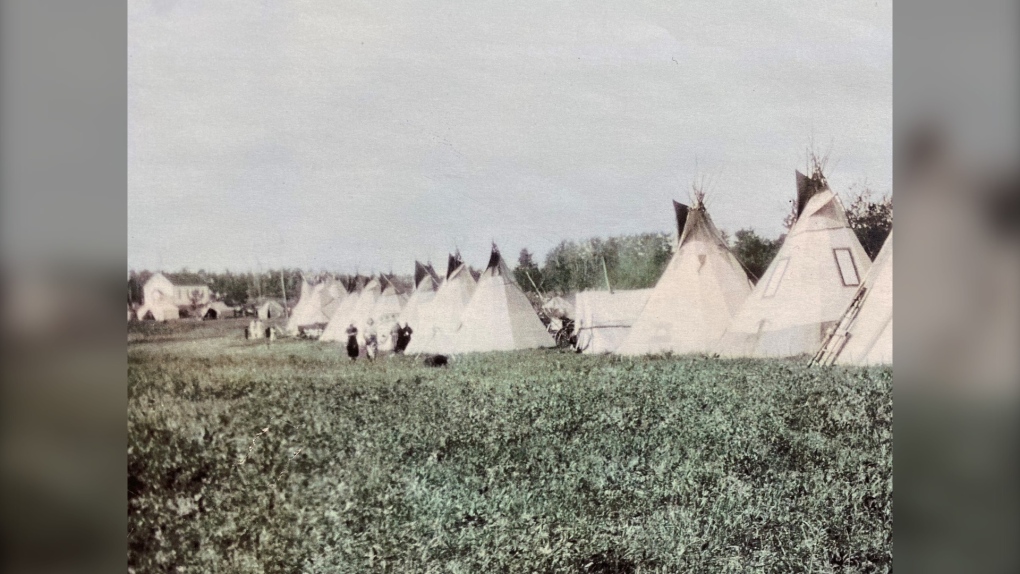 Before the European settlers’ arrival to the Americas, early First Nations used resources of the natural world around them which impacted the structures of their society, food resources, homes, and culture and traditions. (Photo courtesy: Pat Deiter)
Before the European settlers’ arrival to the Americas, early First Nations used resources of the natural world around them which impacted the structures of their society, food resources, homes, and culture and traditions. (Photo courtesy: Pat Deiter)
Before the European settlers' arrival to the Americas, early First Nations used resources of the natural world around them which impacted the structures of their society, food resources, homes, and culture and traditions.
Read the full story from CTV News Yorkton's Hafsa Arif here.
What search efforts for unmarked graves at former residential school sites look like in Canada
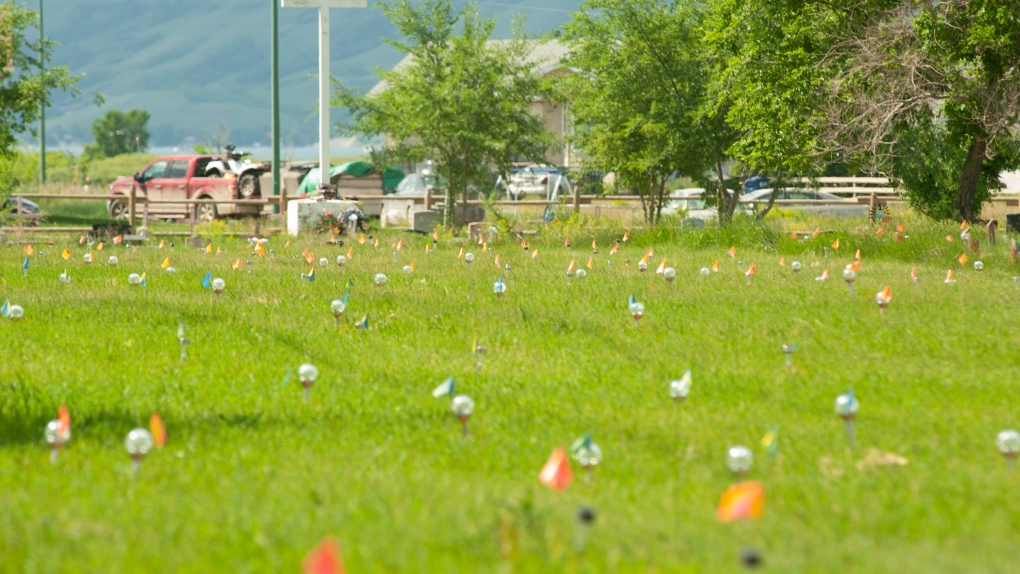 Flags mark where ground-penetrating radar recorded hits of what are believed to be 751 unmarked graves in this cemetery near the grounds of the former Marieval Indian Residential School on the Cowessess First Nation, Sask. on Saturday, June 26, 2021. THE CANADIAN PRESS/Mark Taylor
Flags mark where ground-penetrating radar recorded hits of what are believed to be 751 unmarked graves in this cemetery near the grounds of the former Marieval Indian Residential School on the Cowessess First Nation, Sask. on Saturday, June 26, 2021. THE CANADIAN PRESS/Mark Taylor
The discovery of unmarked graves at sites of residential schools was brought to the forefront in Canada when 215 were found at a former school in Kamloops.
But where does the search for more graves stand now?
Read the full story from CTV News Regina's Stefanie Davis here.
Millennium Scoop: How foster care is causing isolation, loss of identity for Indigenous children
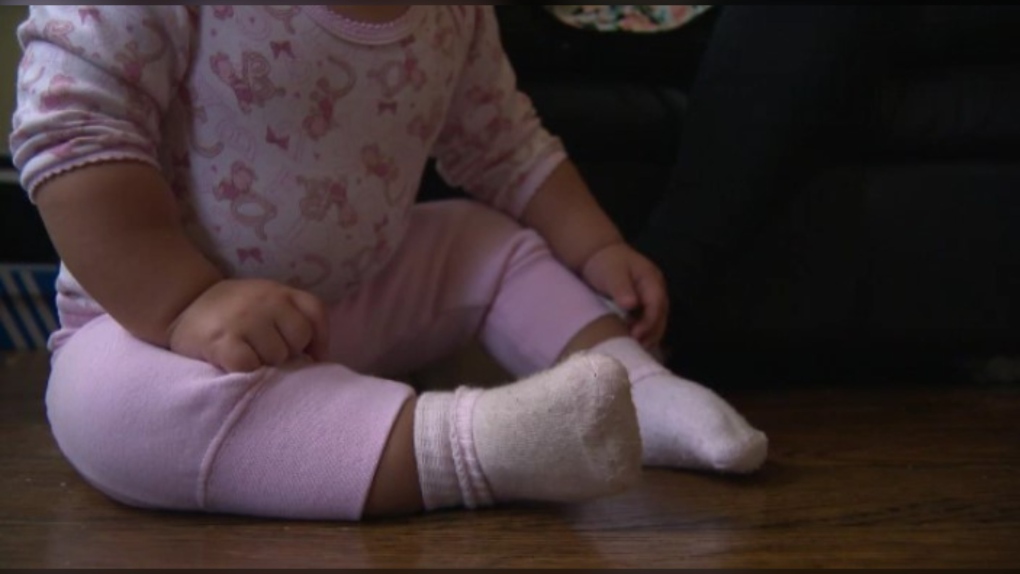 Today, Indigenous children are overrepresented in Canada’s foster care system, which continues the cycle of suffering and loss of identity.
Today, Indigenous children are overrepresented in Canada’s foster care system, which continues the cycle of suffering and loss of identity.
It has been years since the last of Canada’s residential schools closed its doors, but the hardship continues. Today, Indigenous children are overrepresented in Canada’s foster-care system, which continues the cycle of suffering and loss of identity.
Read the full story from CTV News Vancouver's Travis Prasad here.
First Nation welcomes clean drinking water for first time in decades, others still left waiting
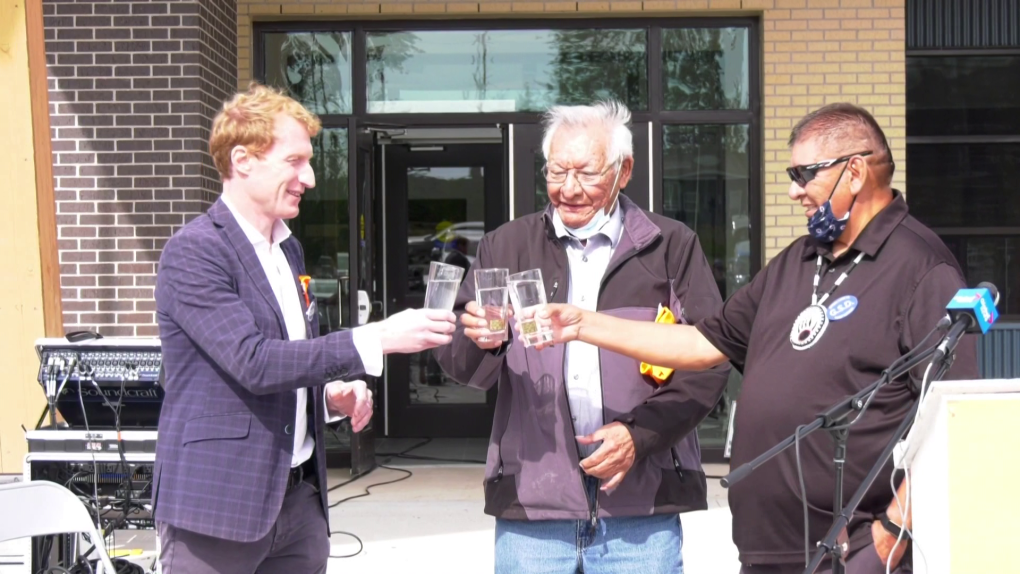
A First Nation community in Manitoba can safely drink from their taps for the first time in nearly a quarter-century after a decades-long boil water advisory was lifted, but dozens of First Nation communities across Canada are still waiting for that basic human right – clean water.
Read the full story from CTV News Winnipeg's Jeff Keele here.
Canadians need to understand impacts of colonization, MMIWG advocate says
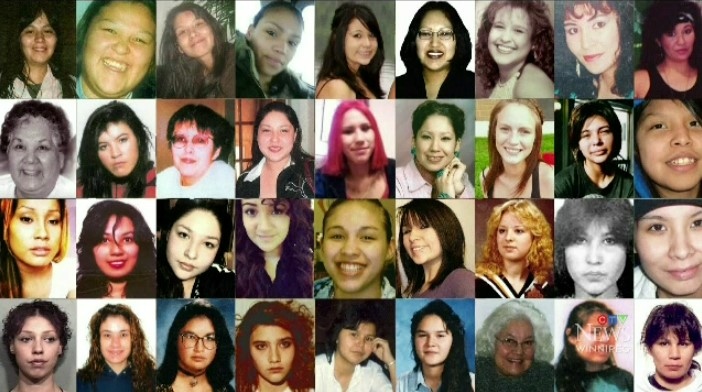
When the Truth and Reconciliation Commission released its Calls to Action in 2015, it identified the need for a National Inquiry into missing and murdered indigenous women and girls. Yet even after the inquiry many families still don’t have answers about what happened to their loved ones.
Read the full story from CTV News Winnipeg's Josh Crabb here.
Indigenous self-governance an important key to reconciliation: policy expert
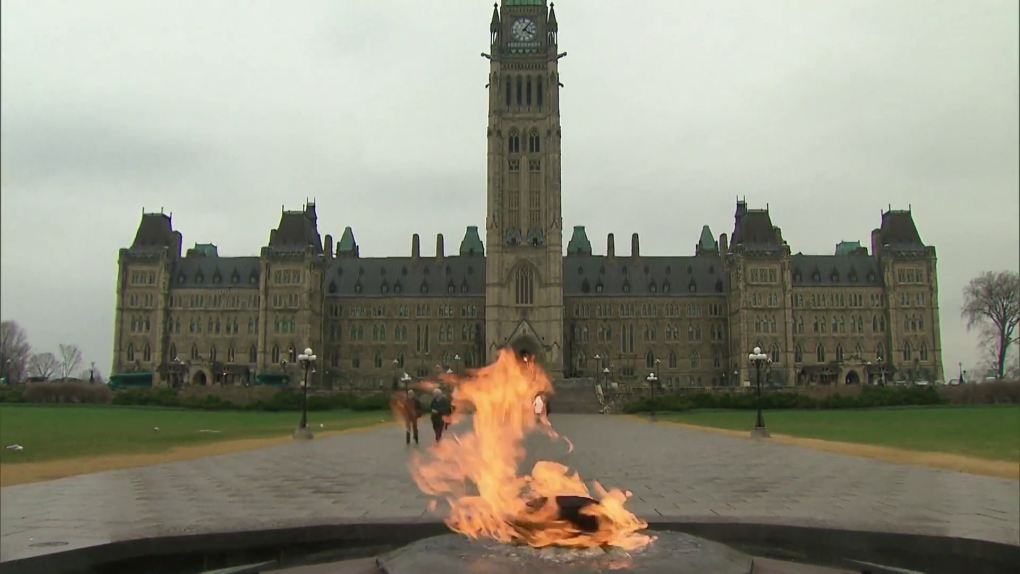
Since 1877, the Indian Act has governed First Nations communities, allowing the federal government to control everything from land to resources, education, even an Indigenous person’s own status in the eyes of the law.
Some say one of the important keys to moving forward on the journey towards reconciliation is for Indigenous peoples in Canada to govern themselves.
Read the full story from CTV News Toronto's Beth Macdonell here.
Siksika First Nation taking proactive approach to keeping the community healthy
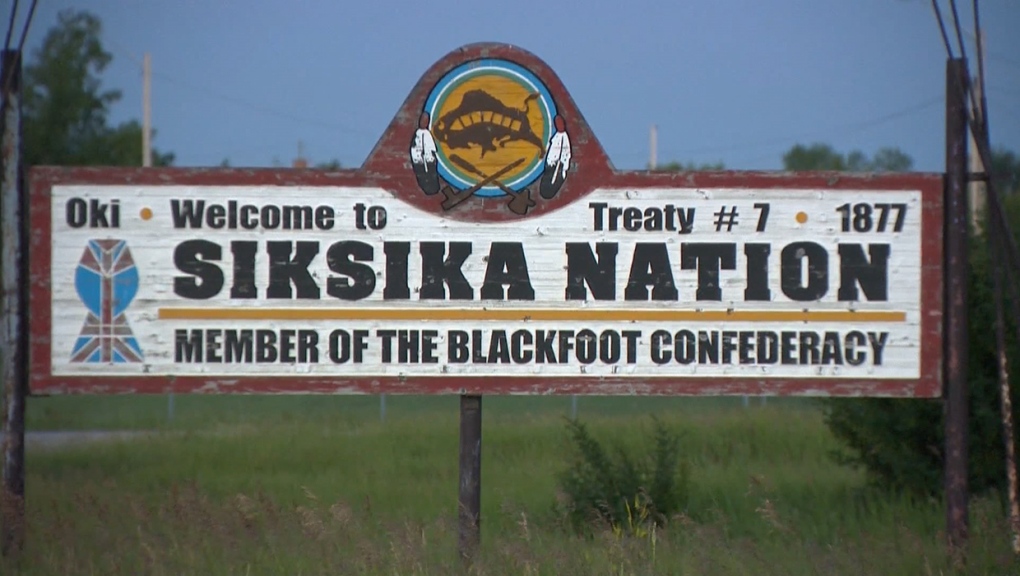 Siksika First Nation sign. (file)
Siksika First Nation sign. (file)
With heart-wrenching news stories from across the country about the racism being felt in the health-care system, an Alberta First Nation is taking the health of its members into its own hands, and the programs are having a positive impact on the lives of people living on the reserve.
Read the full story from CTV News Calgary's Kevin Fleming here.
'Taking back the space': Canadians re-examining symbols of colonialism across the country
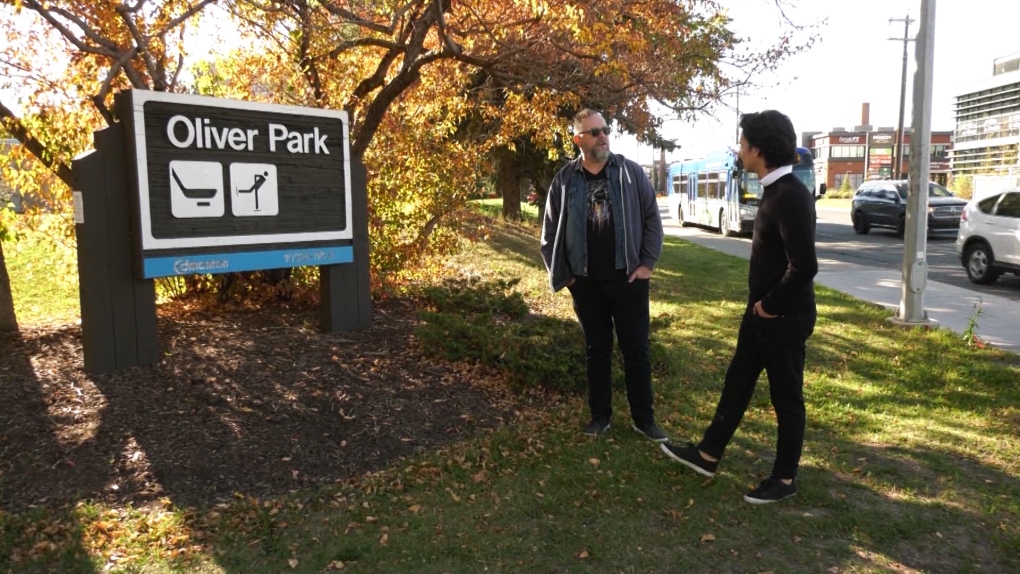 Brent Oliver (left) and Hunter Cardinal (right) walk through Oliver Park. Both of them are working to change the name of the park, named after a man with a dark legacy. (Source: Touria Izri/ CTV News Edmonton)
Brent Oliver (left) and Hunter Cardinal (right) walk through Oliver Park. Both of them are working to change the name of the park, named after a man with a dark legacy. (Source: Touria Izri/ CTV News Edmonton)
Symbols of colonialism surround Canadians in many forms including street names or schools, and many people are looking to take back those spaces. For a community in Edmonton, that process is starting at Oliver Park – named after a man with a dark legacy.
Read the full story from CTV News Edmonton's Touria Izri here.
A testament to resiliency: Survivors become role models to generations rising above colonial legacies
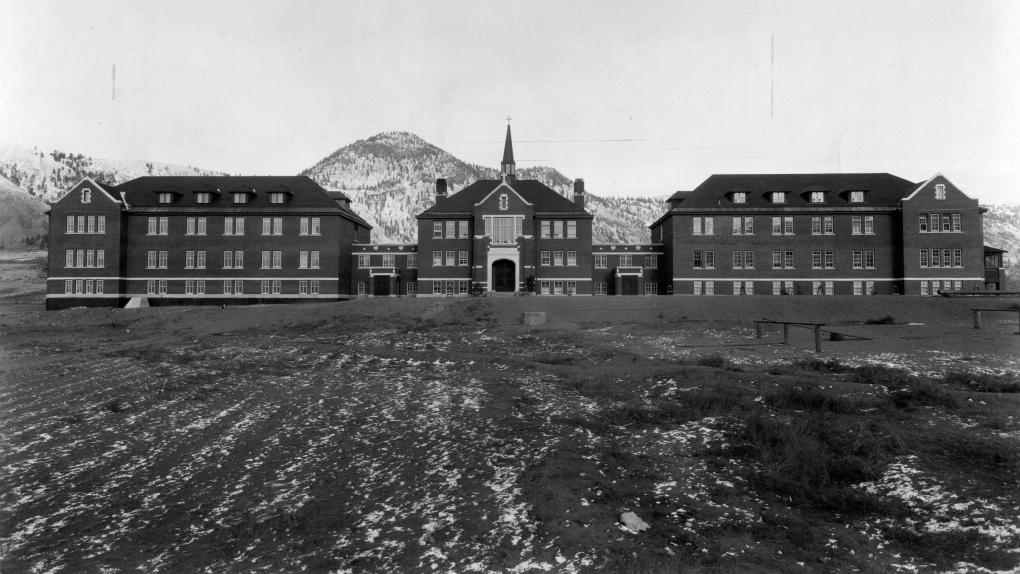 The Kamloops Indian Residential School in Kamloops, B.C., is shown in this 1930 handout photo. (HO - Deschatelets-NDC Archives)
The Kamloops Indian Residential School in Kamloops, B.C., is shown in this 1930 handout photo. (HO - Deschatelets-NDC Archives)
Indigenous people in Canada have faced adversity, trauma, and tragedy. Those who find the strength to overcome injustice are becoming leaders in their communities and are looked to as role models for future generations rising up to break the shackles of colonialism.
Read the full story from CTV News Vancouver's Ben Miljure here.
Mi'kmaw craftsman brings back stories and keeps traditions alive while building birch-bark canoes
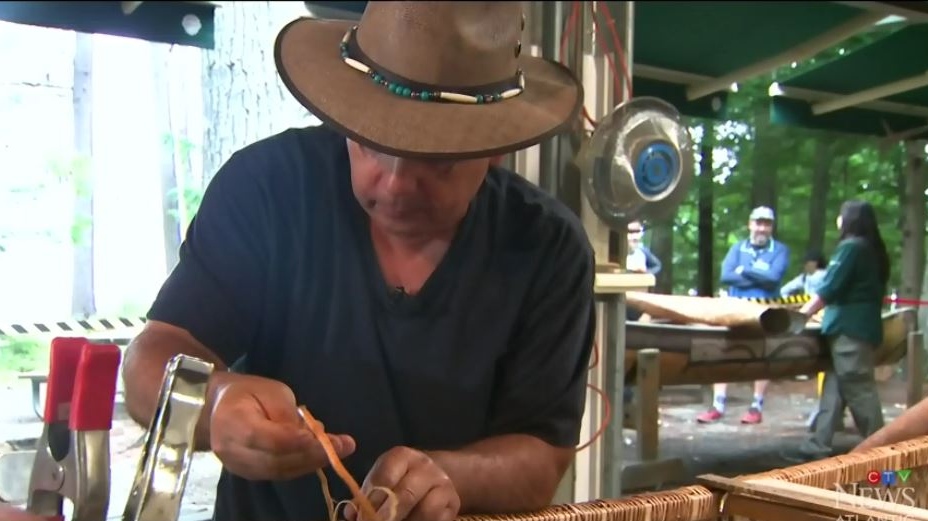 Todd Labrador is a Mi'kmaw craftsman who has kept the tradition alive in front of appreciative audiences at Kejimkujik National Park.
Todd Labrador is a Mi'kmaw craftsman who has kept the tradition alive in front of appreciative audiences at Kejimkujik National Park.
For thousands of years, birch-bark canoes were a vital part of Mi'kmaw life, but these days, it's a dying art -- one that Todd Labrador refuses to let go of.
Read the full story from CTV News Atlantic's Ryan Van Horne and Cristian Monetta here.
If you are a former residential school student in distress, or have been affected by the residential school system and need help, you can contact the 24-hour Indian Residential Schools Crisis Line: 1-866-925-4419
Additional mental-health support and resources for Indigenous people are available here.
CTVNews.ca Top Stories

Fall sitting bookended by Liberal byelection losses ends with Trudeau government in tumult
The House of Commons adjourned on Tuesday, bringing an end to an unstable fall sitting that has been bookended by Liberal byelection losses. The conclusion of the fall sitting comes as Prime Minister Justin Trudeau's minority government is in turmoil.
2 B.C. police officers charged with sexual assault
Two officers with a Vancouver Island police department have been charged with the sexual assault of a "vulnerable" woman, authorities announced Tuesday.
Canadian government announces new border security plan amid Donald Trump tariff threats
The federal government has laid out a five-pillared approach to boosting border security, though it doesn't include specifics about where and how the $1.3-billion funding package earmarked in the fall economic statement will be allocated.
B.C. teacher disciplined for refusing to let student use bathroom
A teacher who refused to let a student use the bathroom in a B.C. school has been disciplined by the province's professional regulator.
Most Canadians have heard about Freeland's resignation from Trudeau cabinet, new poll finds
The majority of Canadians heard about Chrystia Freeland's surprise resignation from Prime Minister Justin Trudeau's cabinet, according to a new poll from Abacus Data released Tuesday.
Police chief says motive for Wisconsin school shooting was a 'combination of factors'
Investigators on Tuesday are focused on trying to determine a motive in a Wisconsin school shooting that left a teacher and a student dead and two other children in critical condition.
After investigating Jan. 6, House GOP sides with Trump and goes after Liz Cheney
Wrapping up their own investigation on the Jan. 6 2021 Capitol attack, House Republicans have concluded it's former GOP Rep. Liz Cheney who should be prosecuted for probing what happened when then-President Donald Trump sent his mob of supporters as Congress was certifying the 2020 election.
Wine may be good for the heart, new study says, but experts aren’t convinced
Drinking a small amount of wine each day may protect the heart, according to a new study of Spanish people following the plant-based Mediterranean diet, which typically includes drinking a small glass of wine with dinner.
The Canada Post strike is over, but it will take time to get back to normal, says spokesperson
Canada Post workers are back on the job after a gruelling four-week strike that halted deliveries across the country, but it could take time before operations are back to normal.


































